Table of Contents
- Will Edibles Help Me Sleep?
- What Types of Edibles Should I Take for Sleep?
- CBD for Sleeping
- THC and Sleep
Do you have difficulties when it comes to sleeping? You are not alone. Statistics suggest that more than 50 million Americans have a hard time getting a good night’s sleep.
However, not many of them know that it is possible to solve sleep issues with cannabis edibles. Read on to learn more about cannabis edibles for sleeping.
Will Edibles Help Me Sleep?
When you eat cannabis, its effects can last at least six hours, which makes edibles ideal for sleep. They provide long-lasting sedation and relief from anxiety and sleep.
As such, they can help you get sufficient sleep and a good night’s rest. To understand how edibles work to promote sleep, you should understand the relationship between cannabis and sleep. Human beings have used the cannabis plant for hundreds of years as a sleep aid.
According to contemporary research, cannabis has sedative and relaxing effects. It especially makes it easy to fall asleep. A recent study revealed that cannabis shortens the time it takes to fall asleep.
Both people who have no difficulty falling asleep and people struggling with sleep issues benefit from cannabis. For individuals with severe trouble falling asleep, taking cannabis can reduce the time it takes to fall asleep by about 30 minutes.
For individuals who had no difficulty falling asleep, cannabis helped them fall asleep 15 minutes faster. This study lends credibility to other research that shows cannabis has the potential to reduce the time it takes to fall asleep and prolong time spent in deep, slow-wave sleep.
What’s more, cannabis tends to reduce the time spent in REM sleep. This reduction is attributable to one of its major active components, THC. You should realize that cannabis contains several different chemicals that affect sleep and sleep cycles.
These chemicals include cannabinoids and terpenes. Let’s take a brief look at them.
Cannabinoids:
The cannabis plant contains at least 100 cannabinoids. Many of these are under study to find out how they affect sleep and other health issues. These health issues include psychological conditions like anxiety and depression, chronic pain, cancer, as well as neurodegenerative ailments like Parkinson’s and Alzheimer’s.
The most effective cannabinoids when it comes to dealing with sleep disorders are cannabidiol (CBD), cannabinol (CBN), and tetrahydrocannabinol (THC).
Terpenes:
Terpenes are tiny, aromatic molecules in cannabis. They are responsible for cannabis’ smell and taste. Scientists have identified at least 150 different terpenes.
Different combinations of these molecules in different cannabis strains create distinct smells and tastes. Terpenes also contribute significantly to the effects of cannabis, including the ability to promote sleep.
Scientific research suggests that terpenes have effects on mood, energy, alertness, and sleepiness. Some of the most effective terpenes when it comes to promoting sleep include limonene, myrcene, and caryophyllene.
The fact that edibles contain cannabinoids and terpenes means that they can help you sleep. For best results, consider combining your edibles with other sleep-promoting foods. These foods may include herbal tea, hot cocoa, and oatmeal cookies.
What Types of Edibles Should I Take for Sleep?
There are many edibles out there. However, not all of them are good for sleep. There are several things to consider to find the best edibles for sleep.
One crucial factor to consider when looking for an edible is the kind of extract it contains. The extract in your edible will determine how long the onset takes and effects last. An edible made with cold water hash, for example, lasts typically in the system for four to six hours.
The duration of how long edibles last will depend on the dose and several other factors, such as your metabolism. On the other hand, edibles made with a distillate extract usually last for three to four hours. This short period may not deliver sufficient rest.
Another consideration is the kind of complementary ingredients that are present in the edible. You might also want to find out if the edible has a specific formula to improve sleep. Certain edibles contain essential oils like myrcene and linalool, which have potent sedative properties.
You might also want to consider the type of edible to buy. Edibles come in several different forms. These include:
- Cookies
- Brownies
- Drinks
- Popcorn
- Candies, including suckers, chocolates, as well as animal and fruit-shaped gummies
You can also find cannabis tinctures for sleeping. Below are some of the best edibles for sleeping available on the market today:
Sweet Jane – Mini Turtles:
These sweet and salty Mini Turtles from Sweet Jane Edibles boast a delightful combination of caramel, milk chocolate, and salt-dusted praline pecans. Each turtle contains 75 mg of premium cannabis oil.
This oil offers beneficial cannabinoids, including CBD and THC. You get three turtles with every package.
SleepBD – CBD Sleep Aid:
SleeBD pills are specially formulated to promote shuteye. They have calming effects and hence can relieve anxiety to ensure a proper night’s rest after a stressful day.
The pills contain melatonin, valerian root, chamomile, and vitamin B6, all of which promote a night of peaceful and deep sleep. Each 30-capsule bottle delivers 600 mg of CBD. Take one pill an hour before going to sleep.
Mota Chocolate Bar:
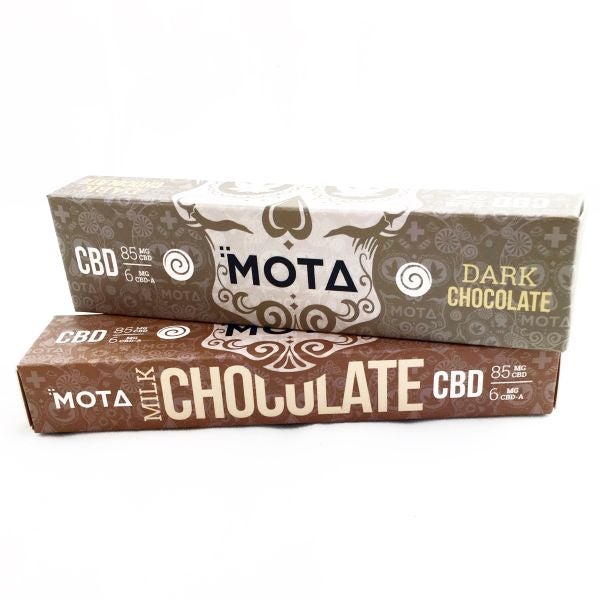
Its ingredients include cocoa powder, sugar, powdered whey protein concentrate, soy lecithin, whole milk powder, and decarboxylated hemp trichomes. It also contains 80 mg of CBD. If you’re looking for an authentic and sincere cannabis experience, look no further than Mota Cannabis. You won’t be disappointed.
Mary’s Peanut Butter Cookie:
Containing 140mg of THC, this peanut butter cookie is delicious and specially formulated to offer a good night’s sleep. Beginners should start slow with this product, however. You may consume half of it and wait for at least 30 minutes before you eat the rest.
All of these edibles contain pure ingredients. They can suit different lifestyles and diets, while still offering you relief from your insomnia. You may need to try all of them to determine the one that is perfect for you.
CBD for Sleeping
Cannabidiol (CBD) is one of the primary cannabinoids in the cannabis plant. Cannabinoids work with the endocannabinoid system, helping your body uphold a state of balance and stability.
According to some research findings, CBD can also help you get a decent night’s sleep. To understand the relationship between CBD and sleep, you should first understand what causes sleep problems. Several factors lead to poor sleep.
These include mental issues like anxiety, depression, and post-traumatic stress disorder (PTSD). Certain medications, excessive consumption of caffeinated drinks, and external factors like noise may also cause sleep problems.
Research shows that CBD can help alleviate anxiety, one of the primary causes of sleeplessness. Seventy-two patients participated in the study. Forty-seven of them had anxiety, whereas 25 had difficulty falling asleep.
After the first month of ingesting 25mg of CBD, the results were as follows:
- 2% of the study subjects experienced reduced levels of anxiety
- 7% of the subjects experienced improved sleep
Pain also contributes to poor sleep. The Frontiers in Pharmacology conducted a study that revealed that CBD is effective in relieving pain. Relieving pain, in turn, eases the discomfort you experience when sleeping.
A 2014 study conducted by the University of Sao Paulo researchers found that CBD could help treat rapid eye movement (REM) sleep behavior disorder (RBD). It can also help improve daytime sleepiness.
You can use different forms of CBD for sleep. These include edible CBDs, which come in the form of gummies, mints, truffles, cookies, and tinctures. While CBD has some side effects, they are quite uncommon.
Possible side effects include:
- Diarrhea
- Fatigue
- Changes in appetite
- Changes in weight
THC and Sleep
Tetrahydrocannabinol (THC) is a psychoactive cannabinoid. Besides being responsible for that “high” feeling, it is also responsible for inducing sleep.
A 2008 study shows that ingesting marijuana strains with high THC-content can lower the amount of REM sleep you get. You could be wondering what REM sleep is.
When you’re suffering from rapid eye movement (REM) sleep behavior disorder, you act your dreams out while sleeping. The dreams are usually vivid and may involve various movements. You can remember these dreams upon waking.
REM sleep plays a significant role in your sleep cycle. It occurs for about one and a half to two hours every night. A typical REM sleep temporarily paralyzes your muscles, leaving your brain dreaming.
It may also lead to a malfunction of the chemical that helps your body to stay still while your brain remains active. This malfunction, in turn, can result in disorders such as narcolepsy, RBD, or sleepwalking. This condition may be a sign of a neurodegenerative disease or a result of certain medications.
Reduced REM sleep translates to reduced dreams. If you have PTSD, it could mean fewer nightmares. Hence, the theory is that if you dream less often, you’ll have more time to sleep deeply. Scientists say deep sleep is the most restorative, relaxing phase of a sleep cycle.

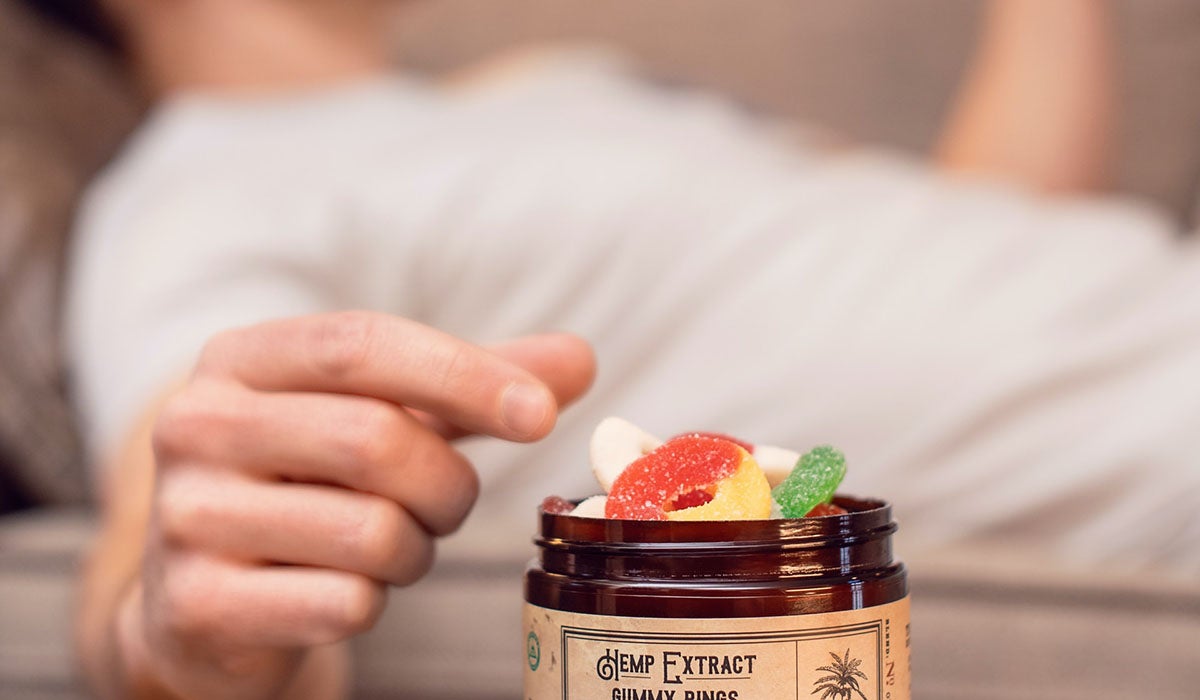
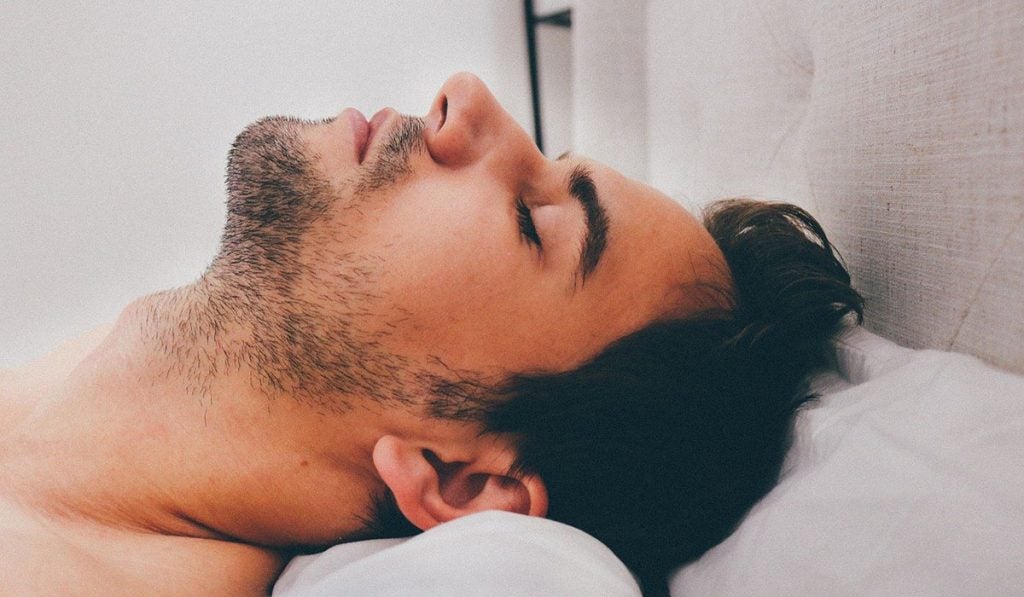
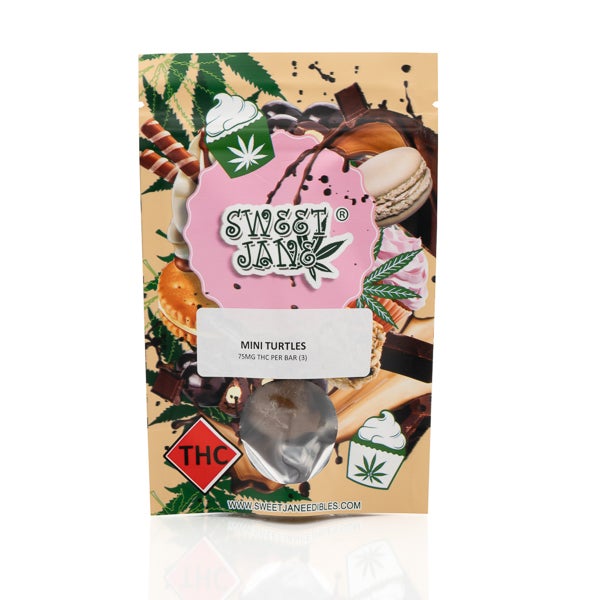
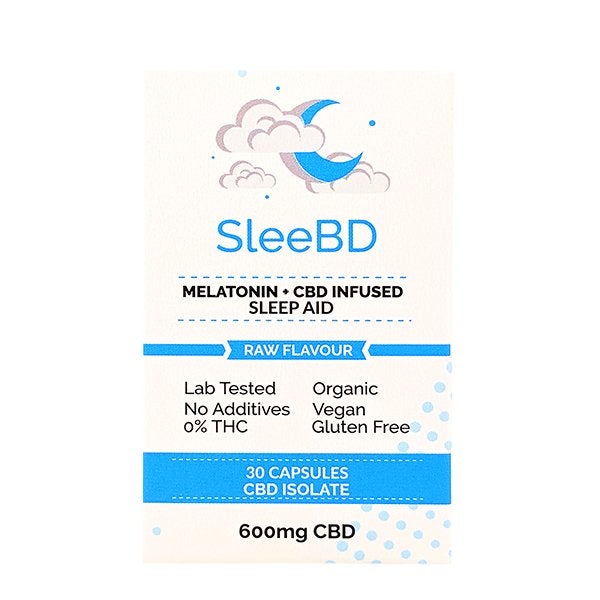
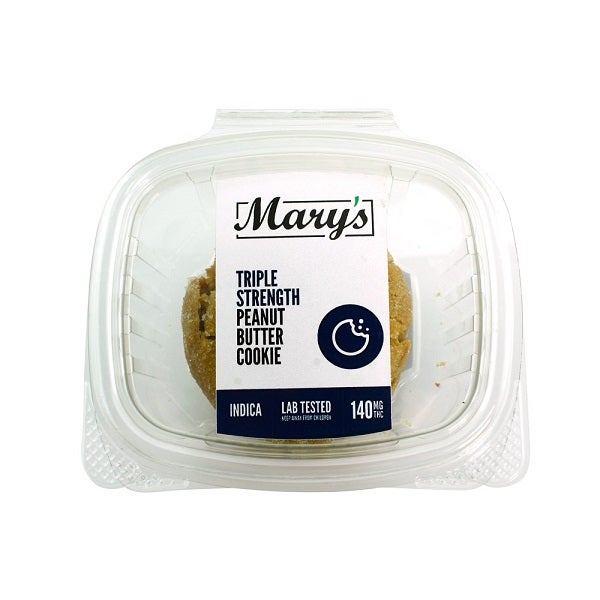
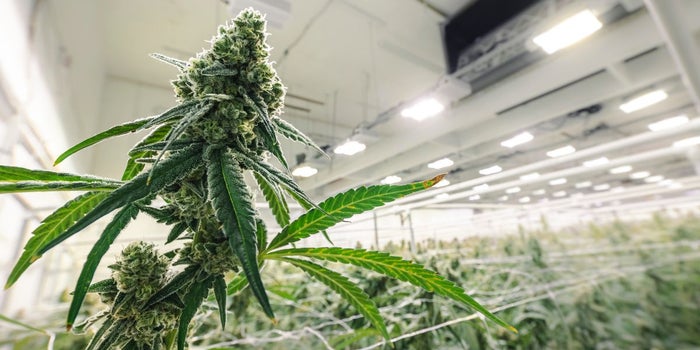

Recent Comments